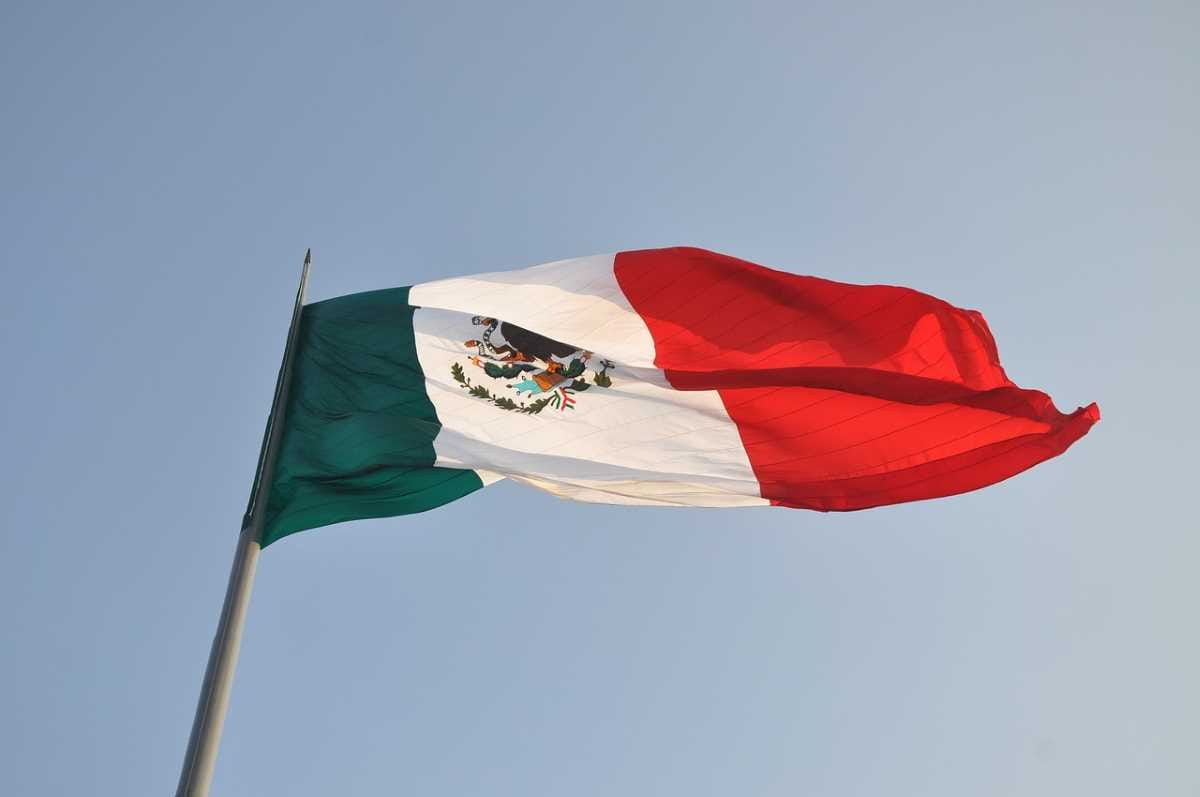Assessing Mexico's Mid-Term Shifts and Power Dynamics
MORENA's sweeping victories in the midterm elections redefine Mexico's political map, securing 22 governorships. Despite setbacks in Mexico City, the party maintains a majority in Congress. Eyes turn to 2024, with Claudia Sheinbaum leading MORENA and a unified opposition emerging.

In the recent midterm legislative, municipal, and gubernatorial elections in Mexico, held in June 2021 and spanning into 2022 and 2023, the political landscape underwent a significant transformation. The results not only shaped the composition of the Congress and governorships but also marked a profound reconfiguration of territorial power, particularly in favor of MORENA (Movimiento Regeneración Nacional).
One of the most striking outcomes of the electoral process is MORENA's remarkable expansion of territorial influence. With victories in 22 out of 32 states, MORENA now governs over 68% of the country's GDP and commands the support of 69% of the population. Additionally, the Green Ecologist Party (PVE), a key ally of MORENA, holds power in San Luis Potosí. This dominance is a testament to MORENA's growing influence at the regional level, positioning the party as a formidable force in Mexican politics.




